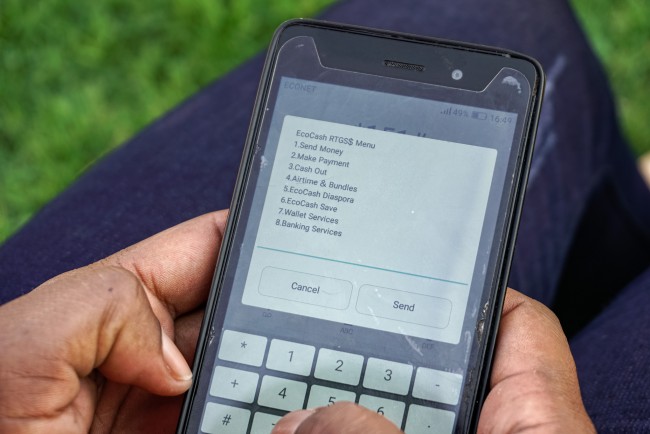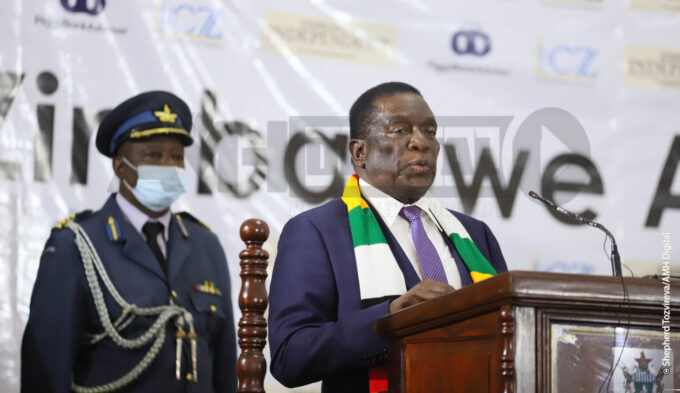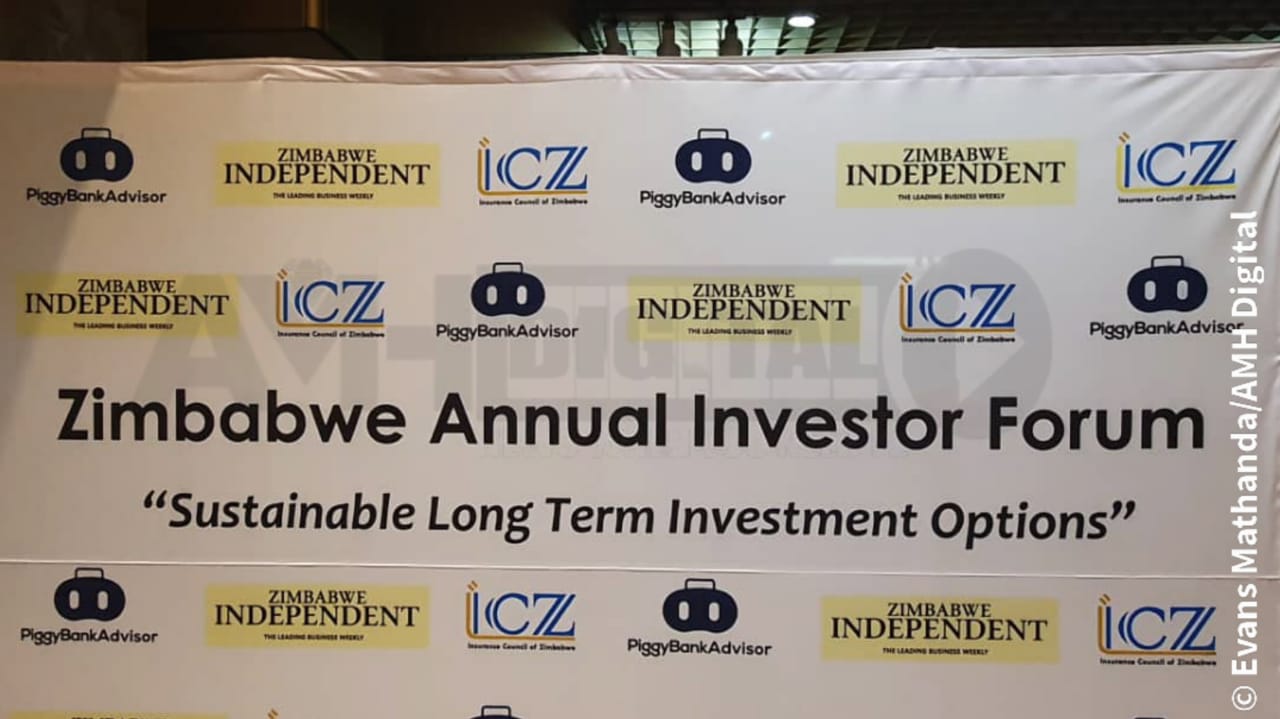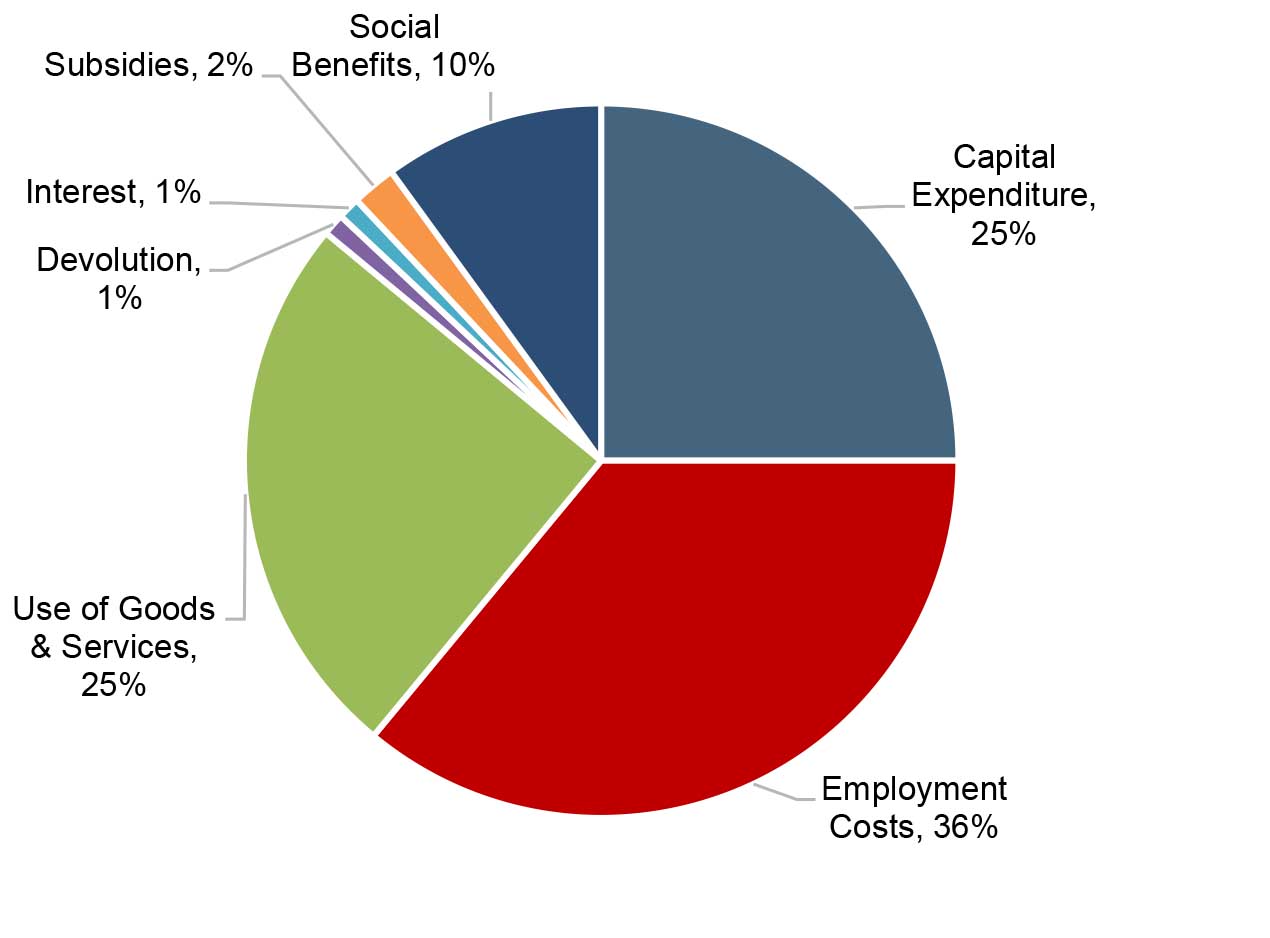
ZIMBABWE has one of the highest mobile money transaction taxes in Africa, a development that is hurting millions of small business owners and low-income groups as the cost of living continues to rise, Zimbabwe Independent has established.
A survey carried out by the Zimbabwe Independent shows that Zimbabwe’s 2% levy, known as the Intermediate Money Transfer Tax (IMTT), is far much higher compared to 0,1% charged in Tanzania, the 0,2% levied in Cameroon, the 0,5% charged in Uganda and 1,75% taxed in Ghana – where legislators came to blows in December last year as they debated the contentious tax.
To make matters worse, the recently gazetted 4% IMTT on domestic United States dollar transfers puts Zimbabwe firmly at the top in the unenviable and invidious stakes of levying the tax on consumers – whether rich or poor.
In Zimbabwe the IMTT on domestic foreign currency transfers was recently introduced in a controversial move now threatening to reverse the impressive gains made by mobile money in boosting economic inclusion in the country.
Analysts say the increase in mobile money tax is disproportionately affecting the rural poor, who have limited payment options and often depend on remittances.
On a similar note, many argue that the new move will knock back Zimbabwe by several years on the financial inclusion gains achieved over the past 10 years.
“Mobile money has been a great enabler, especially for the marginalised. It’s a main driver of financial inclusion for the poor, women and rural communities across Africa,” Angela Wamola, head of sub-Saharan Africa at telecoms industry body GSMA, said.
“Any discouragement such as extra fees or taxes on mobile money services will take Africans backwards simply because there are no other alternatives for most people.”
- Chamisa under fire over US$120K donation
- Mavhunga puts DeMbare into Chibuku quarterfinals
- Pension funds bet on Cabora Bassa oilfields
- Councils defy govt fire tender directive
Keep Reading
A recent GSMA study found that in Tanzania, which imposed a mobile money tax last July, peer-to-peer transactions dropped by 38%, from 30 million to 18 million per month.
South Africa-based tax expert Vusisizwe Ndebele said the decision by Zimbabwean authorities to hike mobile money transaction tax – at a time of high inflation – in an economy already burdened with levies such as value-added tax and excise duty on mobile services, means that the poor will be the first to be pushed out of the digital economy.
“Altering the demand structure for mobile phone-based transactions through suboptimal taxation policy has the potential to reverse gains made in the financial sector, such as, the decline in cash outside the banking system,” he said.
“Zimbabwe was moving into a cashless economy, but the increase of tax on micro-transactions that use mobile phones has the potential to increase the incentive to use cash.”
Ndebele said it was essential for government to consult widely and analyse the economic situation before implementing policies that result in lower tax revenue for the government in the long term.
“Poorly designed tax policies when applied to retail electronic transactions, as well as, bank transactions can potentially reverse the economic gains from mobile banking, especially for low-income earners who rely heavily on these services,” he said.
The civic group Zimbabwe Coalition on Debt and Development (Zimcodd) recently said the increase in IMMT on domestic US dollar remittances from 2% to 4% exerts a disproportionately negative impact on the poor majority who have small foreign currency balances.
“Increasing the cash withdrawal levy also increases transacting costs thus reducing the real value of earnings mostly for those on the lower bound of the income distribution scale,” the pressure group said.
The concerns echo recommendations made by the World Bank to Malawi which, in 2019 moved to impose a similar tax, which the bank said would have a negative impact on the country’s financial inclusion and digitalisation agendas.
The Malawi government ultimately decided to abandon the proposed tax. – Staff Writer










